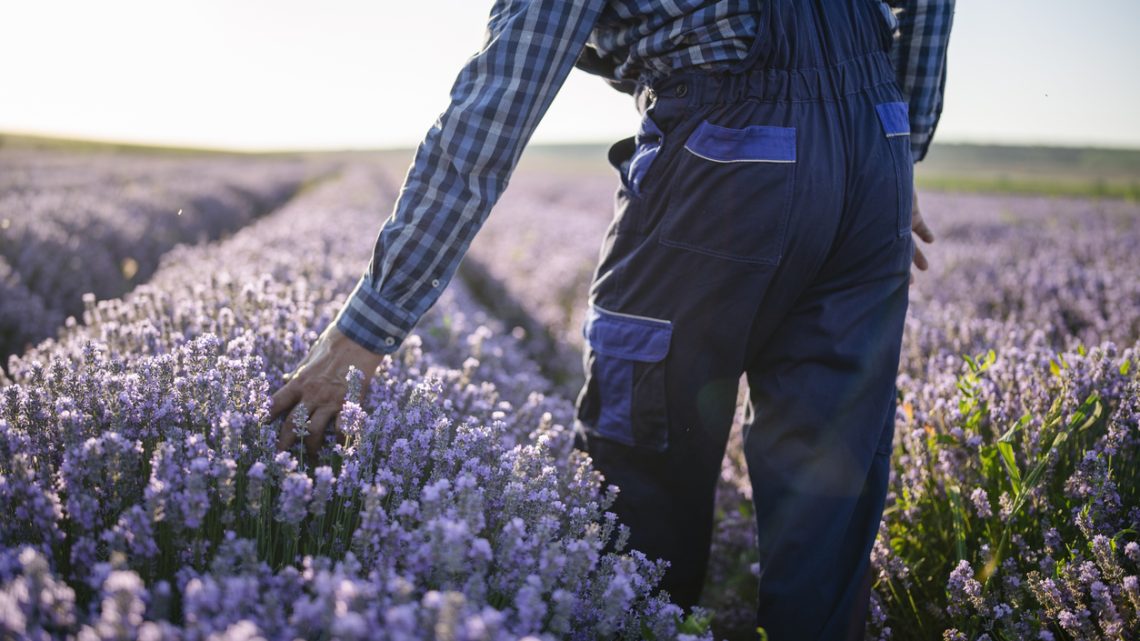(Information in this article is not meant to be medical advice. Please talk to your prescriber about your treatment plan.)
When you have anxiety it can seem like you are going to die. This is miserable. Sometimes therapy, prayer, and applying the 6 antidotes for anxiety are still not enough.
Research shows that therapy, a healthy lifestyle, and medication are most effective together. First let’s look at a few lifestyle things we can do to decrease our anxiety. (Level 1 means it has had real clinical trials like what a medication would go through. Level 2 means it has been shown effective research, but there is less research so we may not know everything. Level 3 means it has not been proven to be significantly effective and may not be effective at all.)
- Lavender oil (Level 1)has been found to decrease anxiety scores. While most often we think of applying lavender oil to the skin or put in a diffuser to smell. There are also some lavender supplements you can take orally, but make sure you are using one intended for this purpose if you take it this way. Unfortunately, contaminants are sometimes found in supplements since they are not regulated so this option is one you should be very careful about.
- Exercise (Level 1) has also been found to be beneficial for anxiety. Stretching is a gentle calming way to exercise. Light cardio exercise is also beneficial, particularly walking as it is an “alternating” exercise — alternating using both sides of your body. You can also alternate the intensity of the movement such as walking at a casual pace for a block and then walking fast or even jobbing for a block. Unfortunately, every intense exercise may increase your cortisol which does not help anxiety.
- Chamomile, Kava, massage, thermotherapy, relaxing room therapy. All of these are level 2.
- Deep abdominal breathing (Level 2) has been shown to improve anxiety. Deep breathing has been shown to help even when done as little as one minute per day, however, up to an hour can be even more helpful. I usually recommend starting with one minute and slowing increasing to at least 10-20 minutes per day. However, any amount is helpful.
- Classical music (Level 2) has been shown to decrease anxiety, particularly the slower beat music of about 60 per minute. Also shown to increase anxiety.
- Yoga (Level 3). While yoga is often touted as being beneficial for anxiety, it has not been shown to have statistical significance for improving anxiety–I very was surprised by this. Lack of evidence, along with Christian concerns about the practice, probably makes this a poor option for treating anxiety. (The information was found on Dynamed, an expensive but huge database of research and combines lots of research for clinicians to be able to find answers for patients–because one study is never the whole picture. “Statistical significance” is important because it it shows us whether something can be shown through math to be better than doing nothing. In this case, it showed that doing yoga was not significantly different than not doing yoga in regard to anxiety.)
There are also lifestyle choices we can make that worsen our anxiety, therefore, we may wish to avoid these.
- Inadequate sleep. Adults need 7-9 hours of sleep per night to feel rested. In our society, it is almost a badge of honor to be tired. However, this will increase anxiety. Also increases our stress hormones which eventually leads to damage in our body. If you are having trouble sleeping, at least temporarily medication may be of some help. Insomnia often goes hand in hand with anxiety and sometimes medications are needed for insomnia until anxiety is better managed.
- Caffeine. These are a few of the ways caffeine increases anxiety. It changes the balance of neurotransmitters in the brain to achieve the effects we seek. It increases the dopamine and acetylcholine which makes us feel energetic and happy. It also inhibits GABA which we need to feel calm, and decreases serotonin which helps with happiness and anxiety. It also increases insomnia, which worsens every year as we get older because our bodies do not get rid of it as quickly.
- Video games increase stress. They actually can increase it so much that the person has higher stress hormones and cannot differentiate between being more or less stressed. High stress leads to anxiety.
- Media may increase stress. Most mainstream media is created to elicit an emotional response to keep us watching/listening. This would include movies, shows, social media, and news.
All of these increase anxiety and also increase stress hormones, which again, lead to damage in the body over time.
If you are having difficulty with anxiety, getting more sleep and reducing or stopping caffeine, video games, and media can be very helpful. Be aware that when you reduce or stop caffeine, video games, or media you may very likely have an increase in anxiety for up to two weeks. After that you will begin to experience the benefits of making these changes.
With practicing activities which can decrease anxiety and stopping or slowing down activities which increase it, we may find ourselves much less anxious.
Next week, we will discuss another beneficial tool and how medication can be used to treat anxiety.










